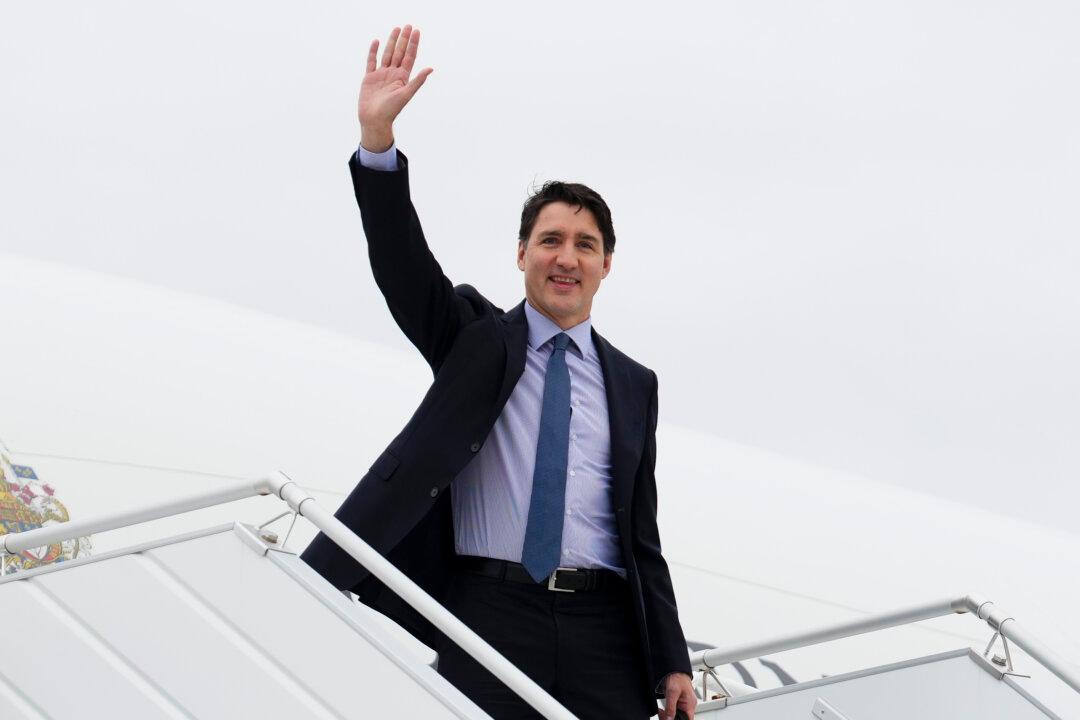The Conservative Party’s non-confidence motion was defeated in the House of Commons, keeping the Liberal government in power and preventing an early election for the time being.
The Tory motion, which read “The House has no confidence in the Prime Minister and the Government,” received 211 “nay” votes and 120 “yea” votes, with the Liberals, NDP, Bloc Québécois, and the Greens voting against, and the Conservatives voting in favour. The Liberals need the support of either the New Democrats or the Bloc to survive confidence votes.





